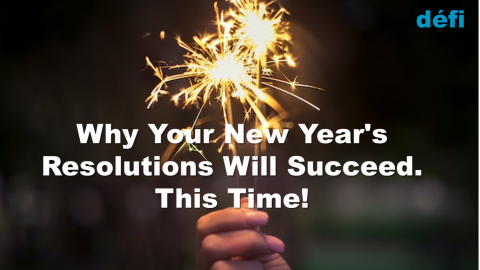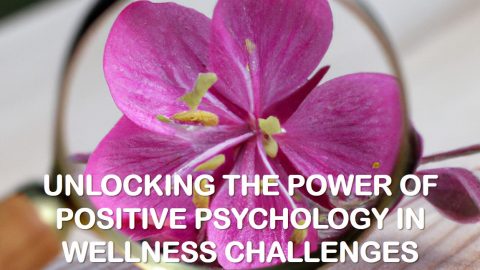Loneliness — we’ve all been there. In fact, it peaked in the wake of the pandemic. A Harvard study conducted last year revealed that 36% of Americans have lately felt “serious loneliness.” Break that down into demographic subgroups and the numbers are even more striking: 61% of young adults and 51% of mothers with young children suffered from being involuntarily alone.
And that’s really the crux of it — isolation thrust upon us, disrupting our social connections and leaving us on an island. It happens in leadership, too: CEOs and entrepreneurs often find themselves alone as they make decisions, weigh strategies, and determine direction for their companies.
This seems inevitable. Who else can be trusted to make decisions specifically entrusted to the CEO? And yet, this loneliness is damaging, leading to all kinds of mental and physical ailments.
The good news is, there’s a way to circumvent the loneliness. Or, rather, redefine it. Instead of letting loneliness happen to you, choose spaces and times for solitude.
First, it’s important to know why solitude is salubrious. As The New York Times recently reported, chosen solitude shifts the mind from coping to appreciation. When your mind is in a state of appreciation, decisions are easier to make — and are less likely to be negatively impacted by loneliness-associated feelings like sadness and anger.
Second, it’s important to know how to choose solitude (instead of just managing loneliness). As with many things, it begins with self-awareness. When are you lonely and what causes it? Equally as important, do you know why being alone is important or valuable in these moments (e.g. it’s needed to study, write, draft strategy, etc.)? When you identify these factors, you know the spaces and times where solitude can be chosen — and you can control what it looks like.
Part of this awareness is not seeing loneliness as a punishment but a privilege. Instead of thinking punitively, “I chose to be a CEO/entrepreneur, so I have to make this decision alone,” you can reframe the moment as an opportunity: “This is my chance to take stock of what I’ve achieved and see how I can build on my success with another impactful decision.”
In other words, make this pivot: Instead of loneliness happening to you, make solitude happen for you.
There are other keys to make solitude an effective, conscious, and gratitude-guided choice. Here are just a few, recommended by the individuals featured in The New York Times article:
- Find a space that is calming to you — a spot in the park, a cafe, your backyard. Don’t sit in your office where associations with work pressure bear down on you.
- Talk to yourself. No, really. This takes a form of self-support and affirmation that is particularly helpful when you’re first learning to appreciate chosen solitude. It’s also helpful when you’re working through complicated decisions that are part of the leadership game.
- Turn off your phone. Yes, we’ve heard this many times before, but it really does help. Be in the moment. Avoid distractions. Let your mind choose the moment fully without being mired in messages, emails, and pings.
Perhaps the most fascinating part of The New York Times’ view on solitude was its counter-intuitive door-opening to check-ins. Reach out to a friend during your moments of solitude (if you need it), suggested psychotherapist Gina Moffa. This can help make communication and connection with ourselves stronger and clearer — kind of like a north star.
In the sea of decisions that swell around every leader, it’s important to find your port in the storm. Loneliness doesn’t have to happen to you. You can choose productive, fulfilling, meaningful solitude instead.
The post 1 in 3 Americans Suffer from “Serious Loneliness” — And It’s Worse for Business Leaders. This Simple Mind Shift Can Help appeared first on Inc..









